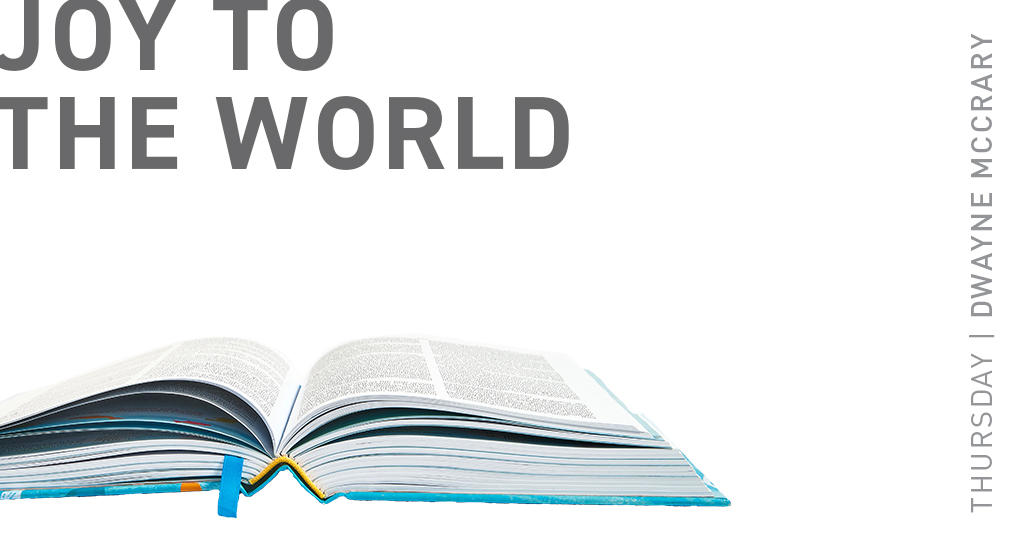I am not confused. I know it is Easter time and not Christmas time. I know Isaac Watts’ “Joy to World” fills our ears during Christmas but think with me for a moment.
Luke told us early in his Gospel account about the shepherds’ encounter with angels who declared “Glory to God in the highest heaven, and peace on earth to people he favors!” (Luke 2: 14, CSB) The shepherds were an unlikely group to be the first to receive the news of Jesus’ birth. In Luke 24:4-8, we find two designated angels declaring news of Jesus’ resurrection to another unlikely group; a group of women.
In Luke 24:1-12, we find these words or phrases describing some of the emotions of that first Easter morning: perplexed, terrified, seemed like nonsense, and amazed. On the other side of the gamut, we find two men in dazzling clothes announcing that Jesus had risen. We can only imagine the emotion of that moment as they declared those words for the first time.
We don’t know much about these two angels. We don’t know how they were selected from the other angels or if they volunteered for this task. We don’t know when they knew that they would be the ones making this declaration. We don’t know if they were in the group that appeared to the shepherds. What we do know is they were the first to say “He is not here.” They made His victory known (Psa. 98:2)!
The women came to the tomb mourning, prepared to finish the task of burial. They left the tomb with a new purpose. Their mourning changed as they remembered the promise of Jesus, that He would rise on the third day. Can you imagine the emotion that preceded them and that was couched in every word as they told the apostles about what had just happened? They too were now making His victory known!
Which brings us to Isaac Watts’ “Joy to the World”. The hymn was originally a poem included in the book “The Psalms of David” which was first printed in 1719. In the preface, Watts explained that he was attempting to create a worship book based on the Psalms but that reflected Christian thought. He explained that in psalms that spoke of sacrificing animals, he instead focused on the sacrifice of Christ. He did not include a poem for every Psalm in his book and for some, he included two poems. Psalm 98 was one of the two-poem psalms. The two poems were titled “Praise for the gospel” and “The Messiah’s coming and kingdom.” This second poem began “Joy to the World; the Lord is come; Let earth receive her King;”
Psalm 98:2-3 reads “The LORD has made his victory known; he has revealed his righteousness in the sight of the nations. He has remembered his love and faithfulness to the house of Israel: all the ends of the earth have seen our God’s victory.” Psalms 98 is a victory song that calls God’s people to rejoice over God taking action on their behalf. God’s people are to live with anticipation of what the Lord will do in the future when He rules the world with truth and grace.
Jesus came to take action on our behalf. He died so we could live. He arose, giving all who believe in Him victory over sin. One day He will return to truly give joy to the world.
Joy to the world, the Lord has risen!
